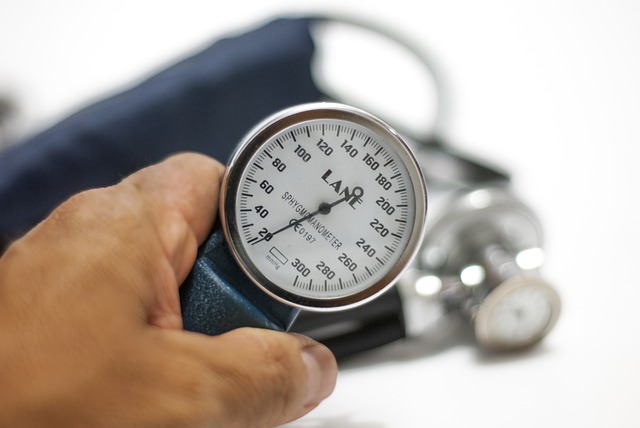An annual health screening is like a checkup for your body – a proactive way to monitor your health, catch potential issues early, and ensure that you're on the path to overall wellness. These comprehensive evaluations provide valuable insights into your physical well-being, empowering you to make informed decisions about your health. In this article, we'll explore the significance of annual health screenings, what they typically involve, and why they should be a priority in your healthcare routine.
The Importance of Annual Health Screenings
- Early Detection of Health Issues: Annual health screenings are designed to detect health conditions in their early stages, often before symptoms appear. Early detection can lead to more effective treatment and improved outcomes.
- Preventive Care: Regular screenings help identify risk factors and allow healthcare providers to recommend preventive measures. By addressing potential health risks early, you can often avoid or mitigate future health problems.
- Baseline for Tracking: Having annual health screenings provides a baseline for tracking changes in your health over time. This longitudinal data can be invaluable in identifying trends and addressing concerns as they arise.
- Peace of Mind: Knowing that you're in good health can offer peace of mind and reduce anxiety about potential health issues. It allows you to focus on other aspects of your life without the constant worry about your health.
Common Components of Annual Health Screenings
The specific tests and evaluations included in an annual health screening can vary depending on factors like age, gender, and medical history. However, some common components typically include:
- Physical Examination: A thorough physical examination by a healthcare provider to assess your overall health and identify any physical abnormalities.
- Blood Pressure Measurement: To check for hypertension, a major risk factor for heart disease and stroke.
- Cholesterol Profile: A blood test to assess your cholesterol levels, which can indicate your risk of heart disease.
- Blood Sugar Test: To screen for diabetes or prediabetes.
- Body Mass Index (BMI) Measurement: To assess your weight in relation to your height and estimate your body fat percentage.
- Cancer Screenings: Depending on your age and gender, screenings for breast, cervical, prostate, or colorectal cancer may be recommended.
- Bone Density Scan: To assess bone health and risk of osteoporosis, especially for postmenopausal women.
- Vision and Hearing Tests: To identify any issues with your eyesight or hearing.
- Immunizations: Review of your vaccination status and recommendations for any necessary booster shots.
- Discussion of Lifestyle Factors: A conversation with your healthcare provider about diet, exercise, stress management, and other lifestyle factors that impact your health.
Why Should You Prioritize Annual Health Screenings?
- Proactive Health Maintenance: Annual screenings empower you to take control of your health and address issues before they become serious.
- Cost Savings: Detecting health problems early can reduce the cost of treatment, hospitalization, and medications in the long run.
- Improved Quality of Life: Good health is the foundation of a fulfilling life. Annual screenings can help you stay active and enjoy your life to the fullest.
- Peace of Mind: Knowing your health status provides peace of mind and reduces health-related anxiety.
Conclusion
Annual health screenings are a vital component of preventive healthcare. They offer you the opportunity to detect potential health issues early, make informed choices about your well-being, and take proactive steps to maintain good health. Don't wait until you're feeling unwell; prioritize your annual health screening as a proactive measure to ensure a healthier, happier future. Your health is your greatest asset, and taking care of it through regular screenings is an investment that pays dividends in the long run.
